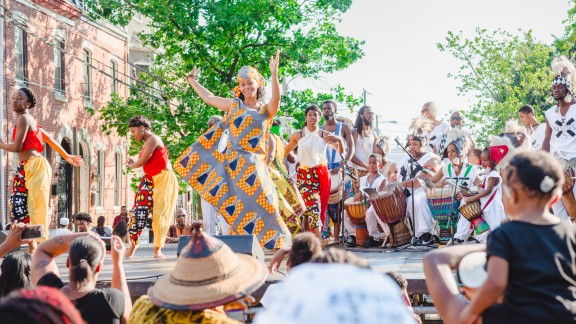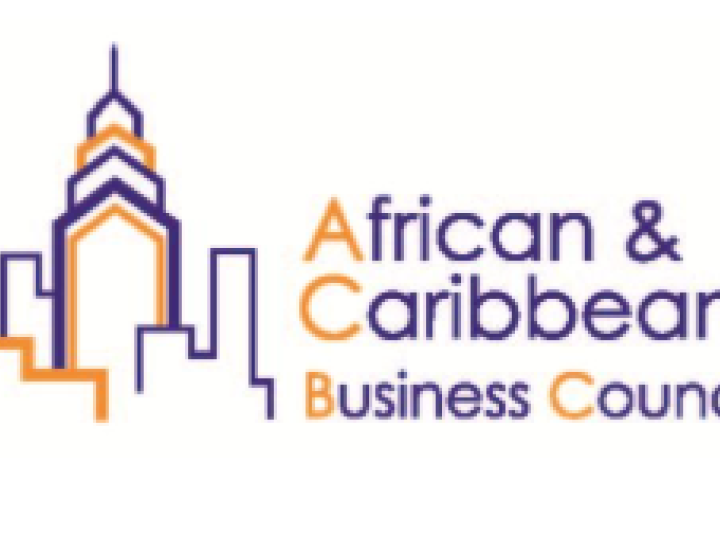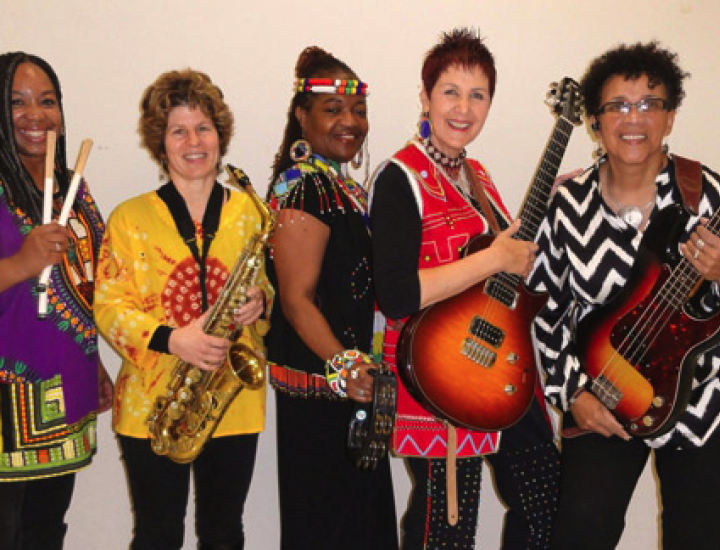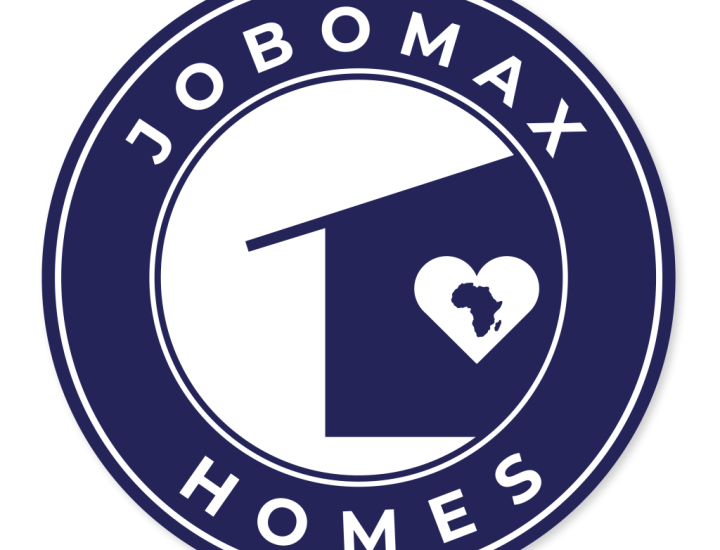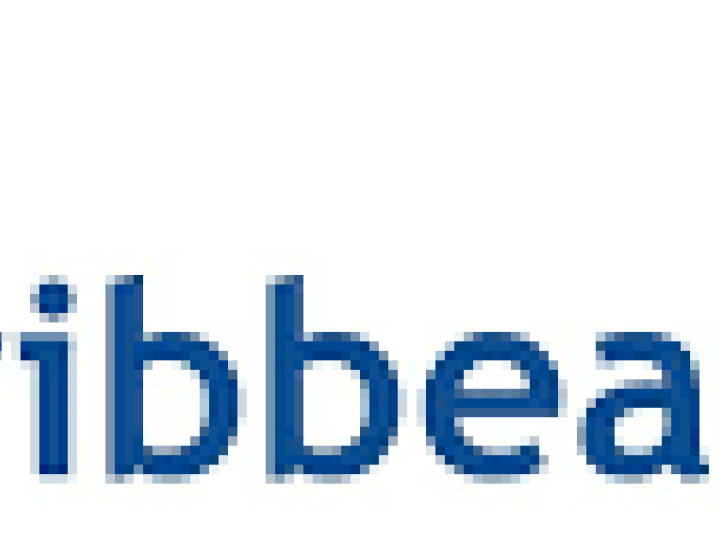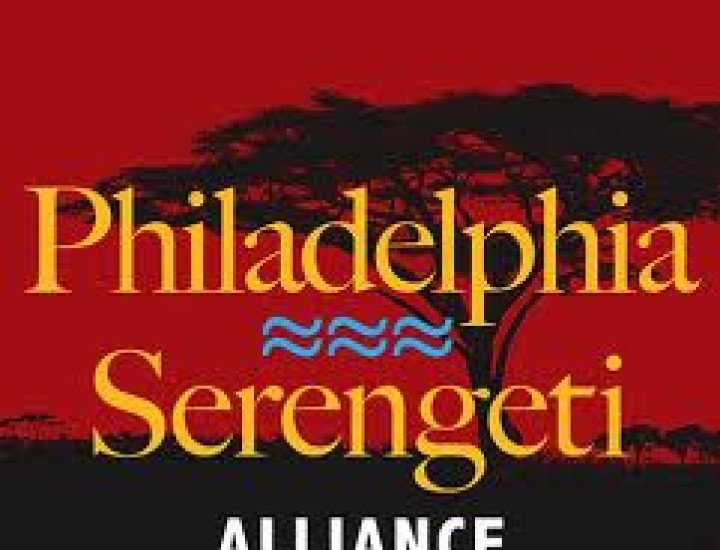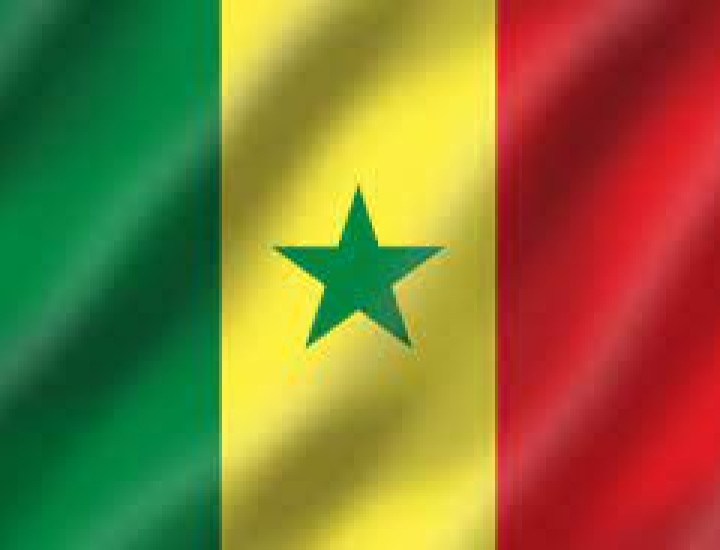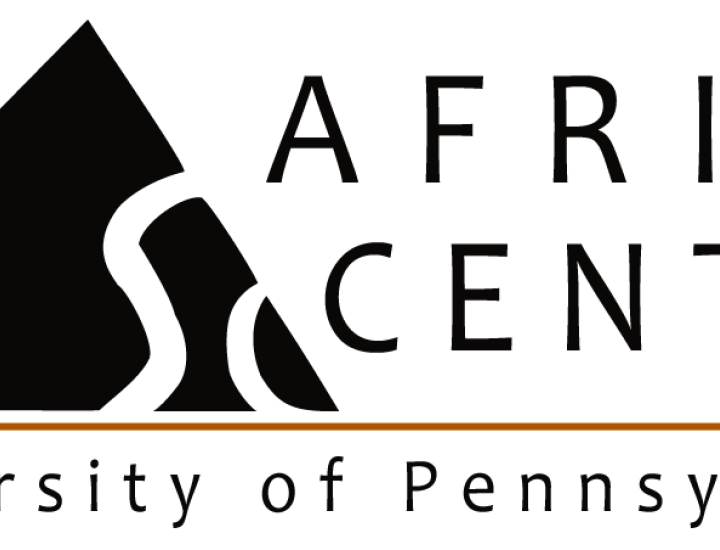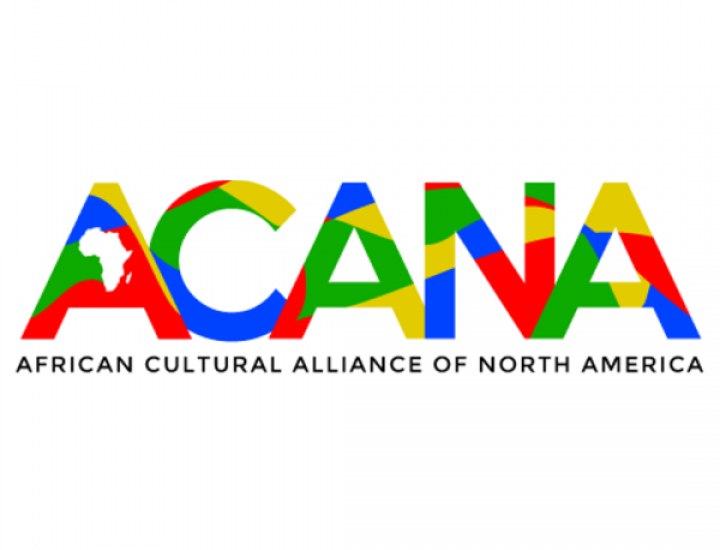African
Seven percent of Philadelphia’s foreign born come from Africa. There are immigrants from almost every African country in Philadelphia, though the largest communities are from Nigeria, Liberia, Ethiopia and Ghana.
For more than 300 years, Philadelphia has been home to people of African origin – from African slaves in the 17th and 18th centuries to waves of the “Great Migration” from the southern states in the late 19th and early 20th centuries. In recent years, Philadelphia has come full circle and is once again playing host to a new population arriving directly from the continent of Africa. There are an estimated 50,000 African immigrants living in the Greater Philadelphia area, representing a variety of nations, cultures, languages and religions.
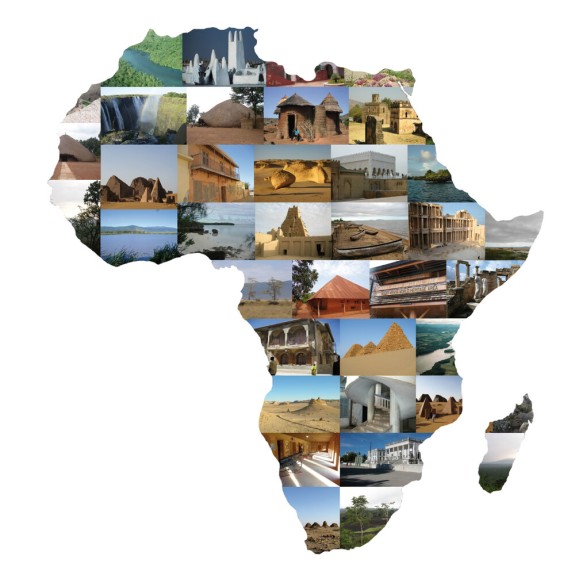
Philly Heritage Connections Across Africa
As we celebrate Philadelphia’s status as a World Heritage City and our World Heritage Site of Independence Hall, we have kinship with fellow World Heritage Cities of Marrakesh (Morocco), Mombasa (Kenya), and Timbuktu (Mali), and also World Heritage Sites such as Forts and Castles, Volta, Greater Accra, Central and Western Regions.
Exploring Philadelphia's Cultural Hubs
Philly’s Little Africa contains restaurants, shops, and ongoing relationships with many African countries through the African Cultural Alliance of North America. The Odunde Festival has been celebrated on South Street since 1975, often boasting thousands upon thousands of participants. The House of Umoja, established in West Philadelphia in 1970, replicates the Old Towns of Djenné in Mali. More broadly, the University of Pennsylvania’s Africa Center offers programming focused on the continent’s diverse history, geography, and cultures.
"West Philadelphia's Freedom District"
New Africa Center & Muslim American Museum
The Lancaster Avenue Historic New Freedom District goes from 32nd to 48th Streets west on Lancaster Avenue and the surrounding area in West Philadelphia. The goals are to highlight and preserve the rich cultural history of African American institutions, organizations, events and individual achievenments in the quest for self-determination, freedom, justice and equality.
Some of the historical sites include:
- Local Hero's Mural
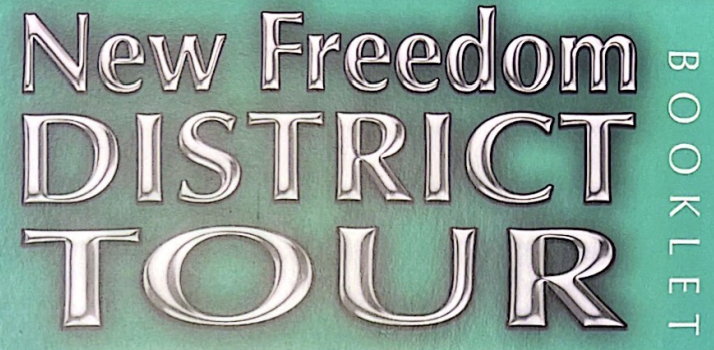
- Belmont Mansion Underground Railroad Museum
- Paul Robeson House
- Dr. Martin Luther King Mural & Marker
- Nation of Islam Temple #12
- Stephen Smith Home
- Sister Clara Muhammad School & Muhammad Park
- African Methodist Episcopal Church
- First African Presbyterian Church
New freedom district tour booklet
Businesses & Organizations
African Diaspora in Philly
Philadelphia is home to a variety of African national and ethnic organizations, representing the diversity of national and ethnic affiliations on the continent. Some leaders from these organizations have united to create AFRICOM, or the Coalition of African Communities, to be able to exert more power on the local scene by using a single “African” voice in order to increase its members’ access to social and health services, educate the media about Africa, and collaborate with African American organizations.
The variety of African cultures have added to the richness of Philadelphia. Following are profiles of some of the larger African populations in the City.
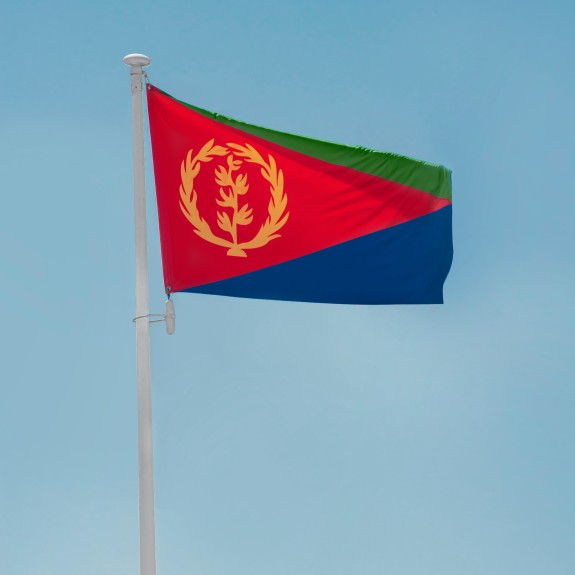
Eritrea
POPULATION
No U.S. Census estimate
REGION / NEIGHBORHOOD
Many Eritreans live in West Philadelphia, where their community center is located. Most Eritreans speak Tigrinya, with smaller numbers speaking Tigre, Bilen and Saho. Eritreans share many cultural similarities with Ethiopians, including food and music.
COMMUNITY
Eritrean Association of Greater Philadelphia Facebook page
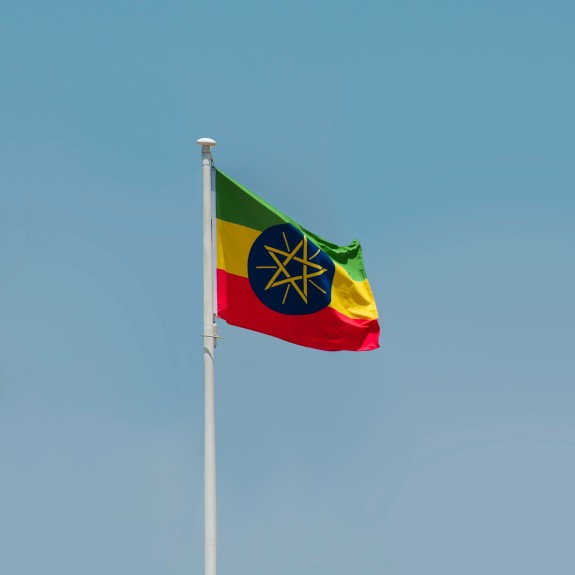
Ethiopia
POPULATION
No U.S. Census estimate
REGION / NEIGHBORHOOD
The core of Ethiopian settlement has been in West Philadelphia, including University City. Ethiopians also reside in Upper Darby. The Ethiopian community is one of the largest African populations in the region. The primary languages spoken by Ethiopians in Philadelphia are Amharic and Oromo.
COMMUNITY
Ethiopian Community Philadelphia Facebook page
The Ethiopian Community Association of Greater Philadelphia
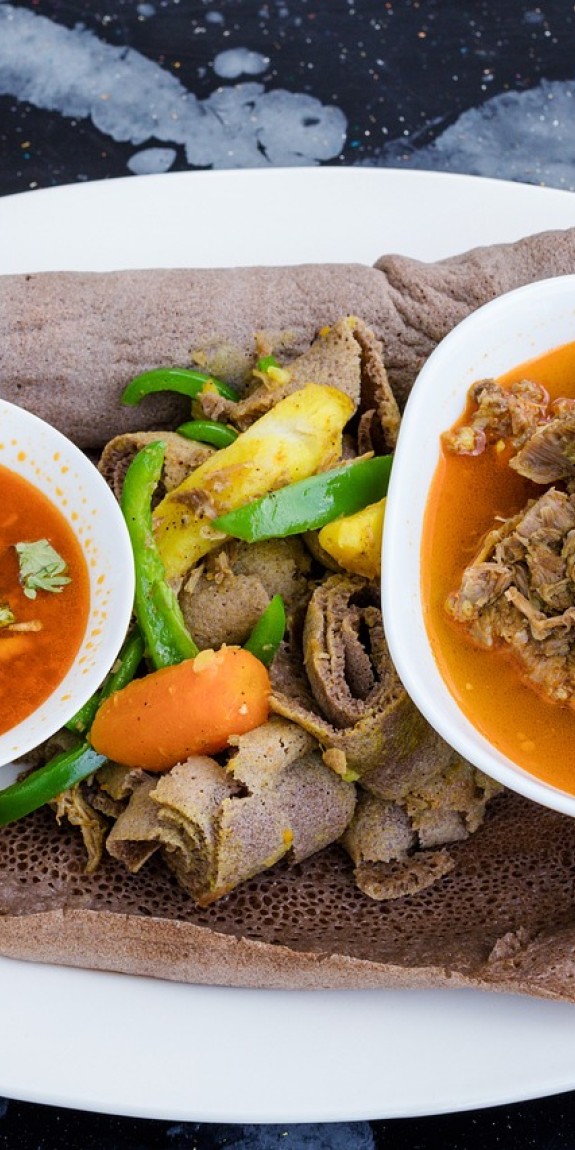
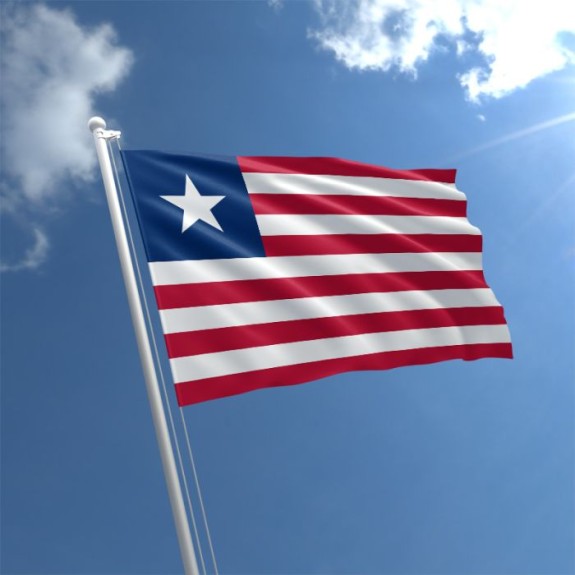
Liberia
POPULATION
No U.S. Census estimate
REGION / NEIGHBORHOOD
Although Liberians are dispersed throughout the city, there are some concentrations in West and South Philadelphia, Upper Darby, and the Northeast. Like other African communities, Liberians also recognize internal ethnic distinctions, and languages spoken in the community include Liberian English, Lorma, and Kpelle.
COMMUNITY
Liberian Association of Pennsylvania(LAP) Facebook page
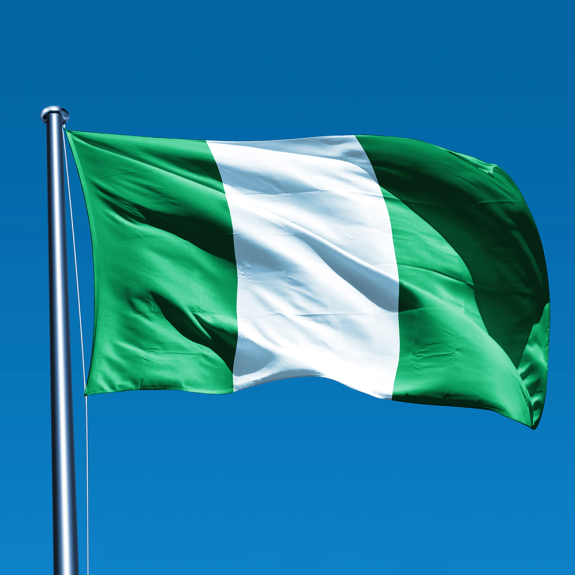
Nigeria
POPULATION
Approx. 4,000
REGION / NEIGHBORHOOD
Philadelphia's Nigerian community represents over 250 ethnic groups, each with distinct languages. Among them are the Yoruba, Igbo, Hausa, Edo, Ishan, Isoko, Ibibio, and Efik ethnic groups, showcasing the community's rich diversity. While most of these groups originate from southwestern and southeastern Nigeria, which aligns with the predominant regions of Nigerian immigration to the United States, the Hausa are an exception. Unlike some other African immigrant groups that tend to concentrate in specific neighborhoods, Nigerians in Philadelphia are dispersed across various city neighborhoods and surrounding suburbs, with West and Southwest Philadelphia and Upper Darby being common settlement areas for many African immigrants.
COMMUNITY
Philly Nigerian Professionals Facebook page
Philly Nigerian Professionals Twitter
Did you know...
As of the early twenty-first century, African immigrants in the United States emerged as one of the most highly educated immigrant groups, boasting a significant 43 percent with college degrees. Among them, Nigerians stood out, with nearly two-thirds possessing college degrees, and a notable portion holding advanced graduate degrees.
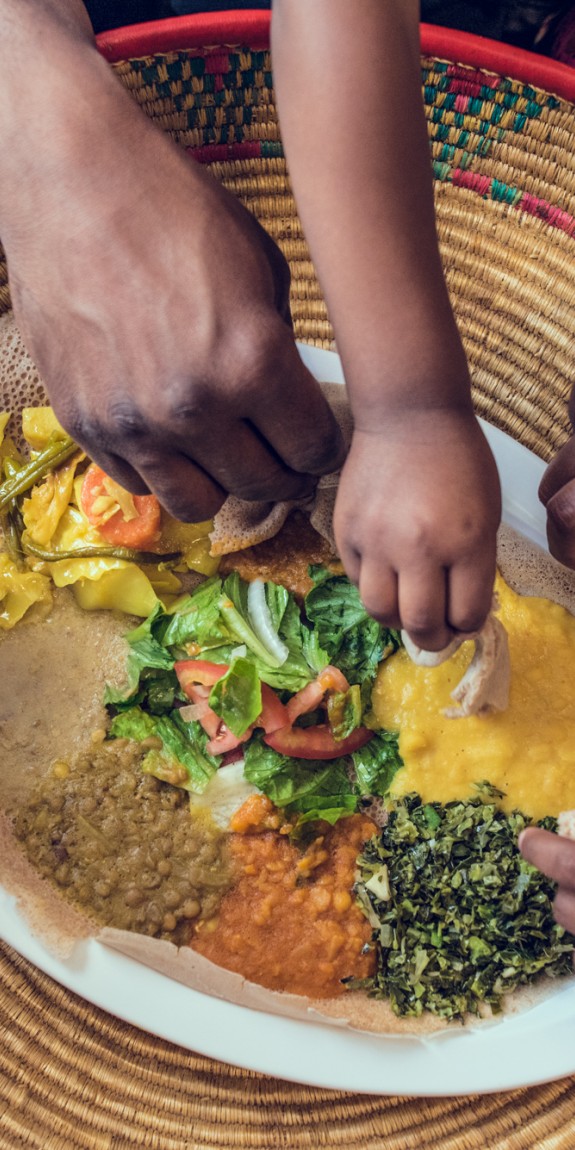
Navigating Resettlement, Education, and Employment Challenges
Since 1980, the United States has accepted refugees from Africa, and many have been resettled in Philadelphia. Most African refugees in the region come from the Horn of Africa (Ethiopia and Eritrea in the 1980s, Somalia and Sudan more recently) and Liberia and Sierra Leone in West Africa. The “family reunification” provision allows for refugees to be resettled in places where they already have kin, which explains the concentration of these populations.
African immigrants also come to Philadelphia seeking economic and educational opportunities. Many settle in the same neighborhoods as friends and family members who came before them, creating pockets of different populations around the area. For example, many Sierra Leoneans, Liberians and Ethiopians live in Southwest Philly, whereas Sudanese tend to settle in either West or Northeast Philly. There is a small Kenyan population in Norristown, and a number of Eritreans live in Lansdale. Other groups such as Nigerians and Ghanaians are dispersed throughout the city and suburbs. West Philadelphia, specifically the area around Baltimore Avenue in University City, has emerged as an African commercial district, although Africans own business throughout the city.
Statistically, immigrants from Africa have the highest educational levels among all immigrants to the United State. On average, they have over three years of college, and more than half are college graduates. Yet many Africans experience a decrease in job status and earnings when they arrive in the U.S. because their professional credentials from home or diplomas from non-American universities are not valued. Frequent difficulties in finding satisfying work have led many African immigrants to work in particular employment niches, where the demand is high and the required skills limited. These niches include work in nursing homes and as residential aides for the elderly and disabled. Many African men drive taxis and work in parking garages, while many African women work in braiding salons.
African professionals are represented in medicine, research, education, administration, social work, and numerous other fields. Many would have preferred to practice their profession in Africa, but they could not be absorbed into their countries’ economies. They thus became part of Africa’s “brain drain” to the developed world.
